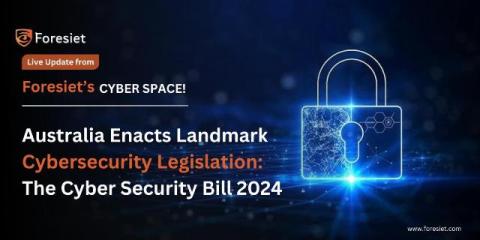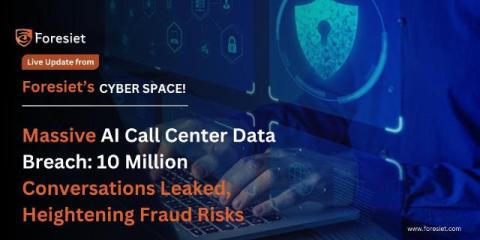What Can Someone Do With Your IP Address?
Once someone knows your IP address, they can determine your approximate location, track your online activity, impersonate you or conduct targeted DDoS attacks. Most cybercriminals will use your IP address to learn more personal information about you through phishing attacks, which can be used to identify and impersonate your internet provider.











